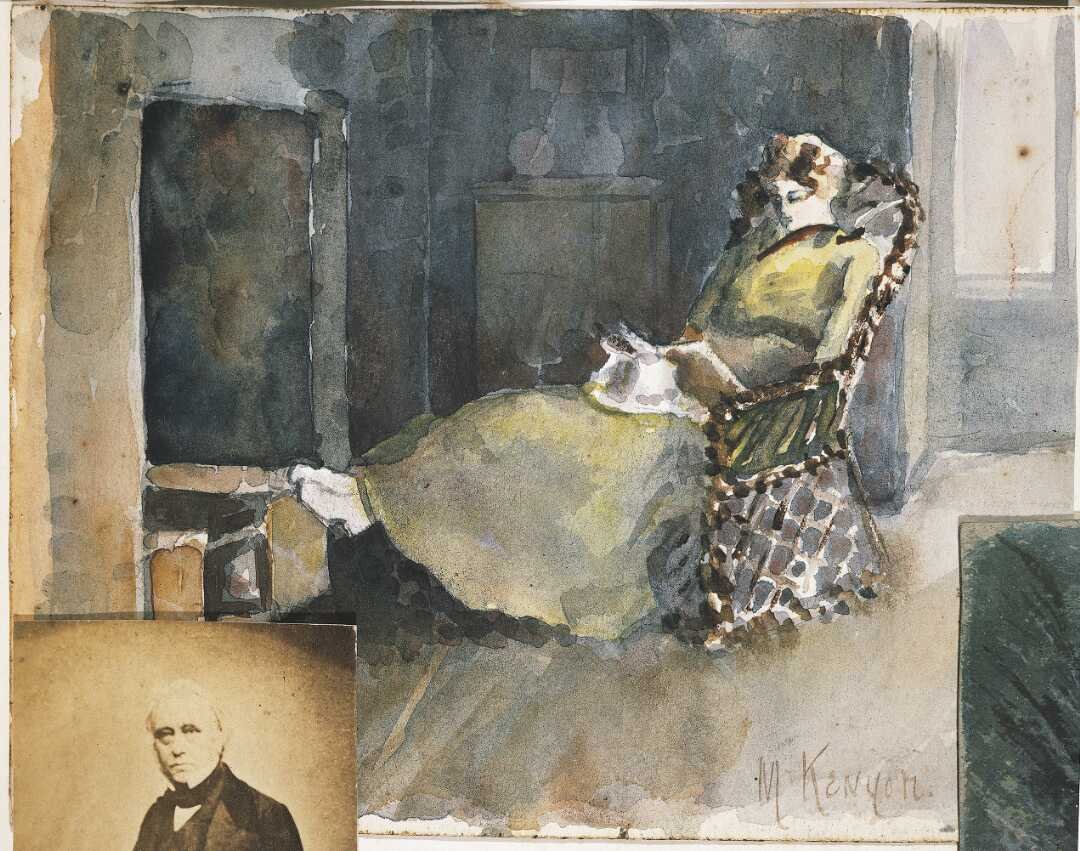
Waiata 32: He mea whakamāori, nā ngā Waiata a Wiremu Hākipia
A translation into Māori of William Shakespeare’s Sonnet 32
Ki te puta ora koe i taku rangi-ea-pai,
Inā kua tārehutia aku kōiwi e taua ware, a Mate,
Ki te tūpono anō koe ki te rūri i ēnei
Ruri ruha me pakoko a tō makau i te pō,
Whakaritea rātou ki te whakapai haere o te tikanga,
Nā, ahakoa kua kaikapea e ngā pene katoa,
Tāpuia rātou mō taku aroha, ehara mō te mita,
Kua pahikaia tērā e te pūkenga a tangata kē.
Nā, karātia ki a au ko tēnei whakaaro aroha:
‘Mei tipu tonu te pohewa o tōku hoa ki tēnei wā,
Kua whānau i tōna aroha he taonga puiaki atu,
Hei whanatū atu ki mua i te kapa:
Engari, nā te mea kua mate, ā, kua pai kē ngā kaitito,
Māku rātou mō tā rātou āhua, māna ia mō tōna aroha.’
If thou survive my well-contented day,
When that churl Death my bones with dust shall cover
And shall by fortune once more re-survey
These poor rude lines of thy deceased lover,
Compare them with the bett’ring of the time,
And though they be outstripped by every pen,
Reserve them for my love, not for their rhyme,
Exceeded by the height of happier men.
O! Then vouchsafe me but this loving thought:
‘Had my friend’s Muse grown with this growing age,
A dearer birth than this his love had brought,
To march in ranks of better equipage:
But since he died and poets better prove,
Theirs for their style I’ll read, his for his love.’

Image: Woman Reading beside Hearth, circa 1890, by May Kenyon, in Hodgkins Family Album, E-312-q-065. Alexander Turnbull Library. Catalogue entry here.